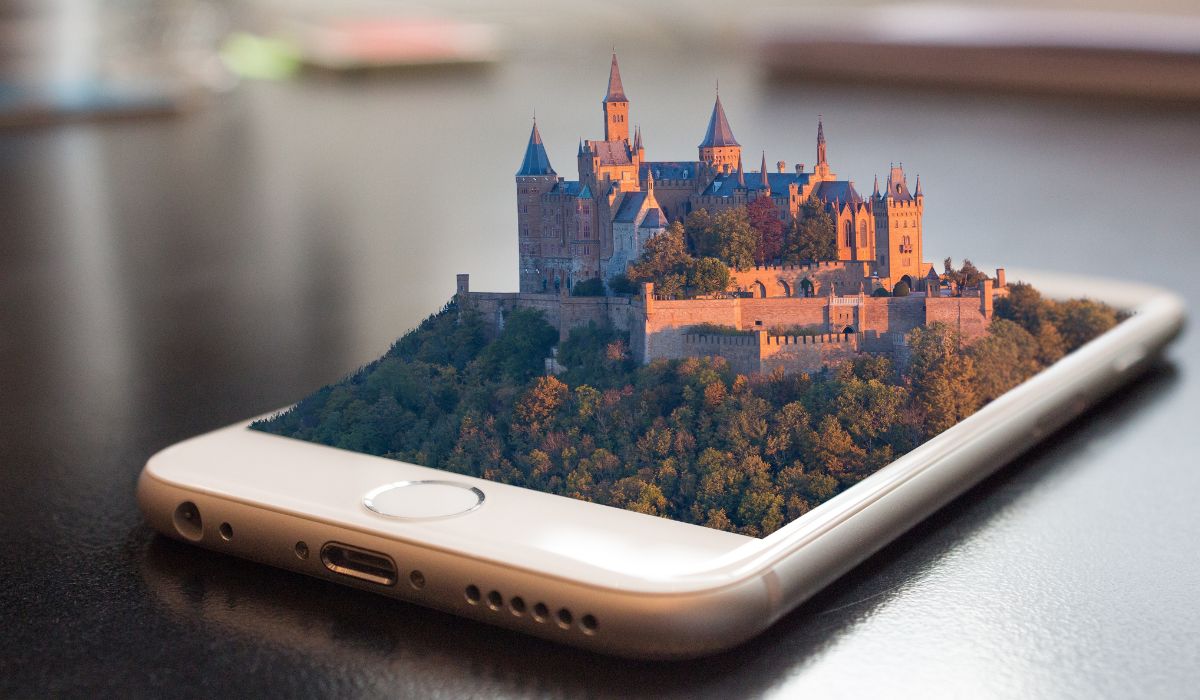
Augmented reality (AR) has been gaining popularity in various industries, including the social media industry. While VR creates a virtual world, AR enhances the real world by adding computer-generated images and landscapes. This technology has already made its mark in industries such as marketing, manufacturing, and healthcare.
In the e-commerce industry, AR has been utilized by retailers to allow customers to try on products such as makeup, clothing, accessories, and furniture before making a purchase. This has increased consumer confidence in buying decisions. In education, AR is used to create immersive experiences for students, allowing them to explore 3D models and engage in interactive lessons. AR has also revolutionized gaming with the success of Pokemon Go, where players search for virtual creatures in real-world environments.
However, the most popular application of AR remains in the social media industry. Platforms like Snapchat, Facebook, and Instagram have integrated AR technology into their features, allowing users to enhance their posts and selfies. AR filters and lenses have become a common tool for social media users worldwide. In addition, AR shopping is a novel feature that is transforming the way people shop online.
Despite the growth of AR, data ownership and management remain challenges in the Web 2 internet age. Blockchain technology has the potential to address these challenges and revolutionize the future of multiple industries, including social media. Blockchain introduces asset uniqueness through non-fungible tokens (NFTs), allowing each asset to have its own distinct characteristics and value. This opens up new possibilities for AR in social media, such as creating unique 3D objects for virtual shopping experiences.
Companies like Cappasity and Peer Inc. are leveraging the combination of AR and blockchain in the social media space. Cappasity is a decentralized AR/VR ecosystem that enables the creation, rental, and sale of unique 3D images directly on the blockchain marketplace. This ensures copyright protection and allows content creators to monetize their creations.
Peer Inc. aims to merge AR and social media on a decentralized platform. They provide decentralized federated identity (DFI) to social media users, allowing them to own their entire digital footprint. Peer Inc. is also developing an AR-based social media network called Kudzu, which aims to address issues like echo chambers and fake news by leveraging the immutability of blockchain technology.
The integration of AR and blockchain has the potential to transform the social media industry by empowering users to own and monetize their data. It also provides a solution for copyright infringements and ensures the security and authenticity of virtual assets. With the continued evolution of social media and advancements in technology, AR and blockchain are poised to play a significant role in the future of the industry.






